Weight-loss drugs like Ozempic have gained popularity recently for their ability to support weight loss, which can mostly be attributed to their appetite-suppressing effects. Ozempic is in a class of drugs called GLP-1 receptor agonists, which mimic the hormone GLP-1. This slows down gastric emptying and sends signals of fullness to the brain. Basically, this means food stays in the stomach longer and tells the brain that you are full and don't need more food. This leads to less calorie consumption and, eventually, weight loss.
But did you know that certain foods can naturally activate similar pathways, helping you feel satisfied longer and curb your appetite? We've rounded up nine foods that act like weight-loss drugs. They help you better manage your appetite, making it easier to control hunger and stick to your weight-loss goals.
Oats
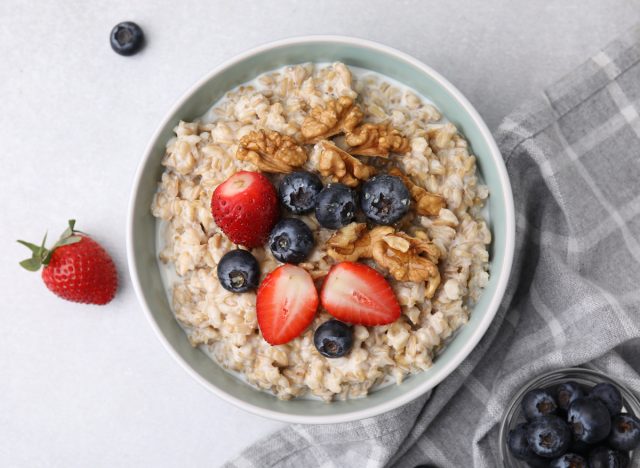
Oats are packed with soluble fiber, specifically beta-glucan, which helps slow down digestion and increases satiety. By forming a gel-like substance in the stomach, oats delay gastric emptying, keeping you full longer. This mimics the way GLP-1 drugs prolong the digestion process, reducing the frequency and intensity of hunger.
Needless to say, starting your day with a hearty bowl of oatmeal to help you feel more satisfied throughout the day.
Greek Yogurt
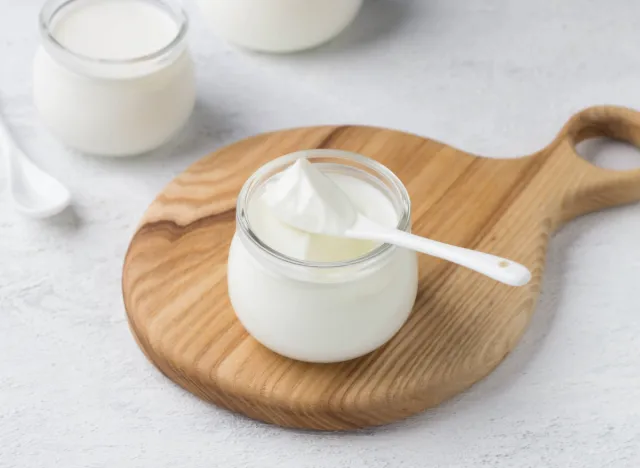
Greek yogurt is a high-protein, filling snack that promotes satiety and reduces hunger. Protein takes longer to digest than carbohydrates, helping to curb appetite. Research also suggests that protein may increase natural GLP-1 secretion, which enhances feelings of fullness.
Choose plain, unsweetened Greek yogurt for maximum protein and minimal added sugars, and top with nuts and fresh berries.
Lentils
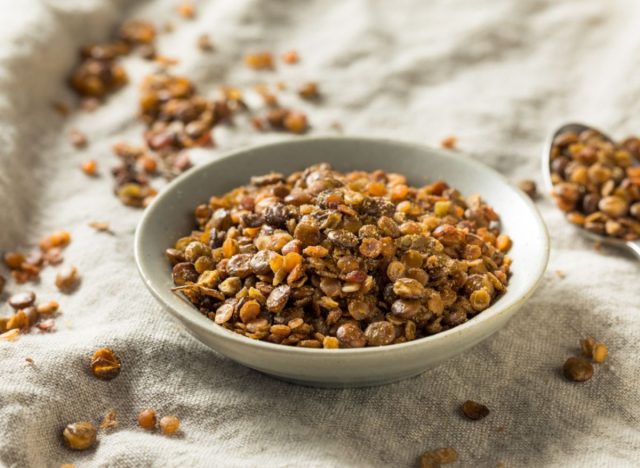
Lentils are rich in fiber and protein, both of which support weight loss by promoting satiety and steady blood sugar levels. Fiber in lentils slows down digestion, mimicking the effect of GLP-1 drugs. The protein content in lentils also helps trigger fullness hormones, making it a great plant-based option to help with appetite control.
Add lentils to pasta dishes and soups for a satisfying meal.
Apples
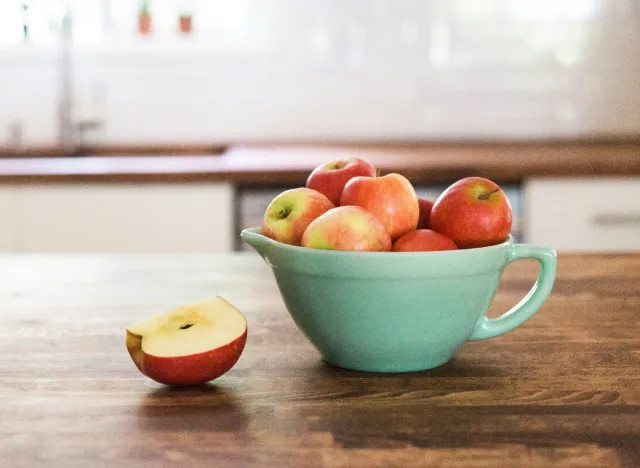
Apples contain pectin, a type of soluble fiber that expands in your stomach and delays digestion. Eating an apple before a meal can help reduce your overall calorie intake by helping you feel fuller faster. The natural sweetness of apples can also satisfy cravings, making them an excellent snack to keep hunger in check.
Pair your apple with a protein or healthy fat like a hardboiled egg or handful of almonds for an even more satisfying snack!
Avocado
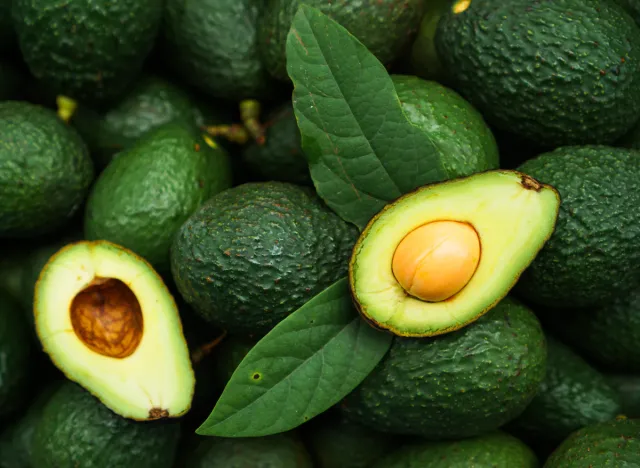
Avocados are high in healthy fats and fiber, both of which contribute to satiety. The monounsaturated fats in avocados delay gastric emptying, which can keep you feeling satisfied between meals. Additionally, studies show that eating healthy fats stimulates GLP-1 release, promoting fullness. Try starting your morning with avocado toast, or add avocado with salt and pepper as a side to your meal.
Barley
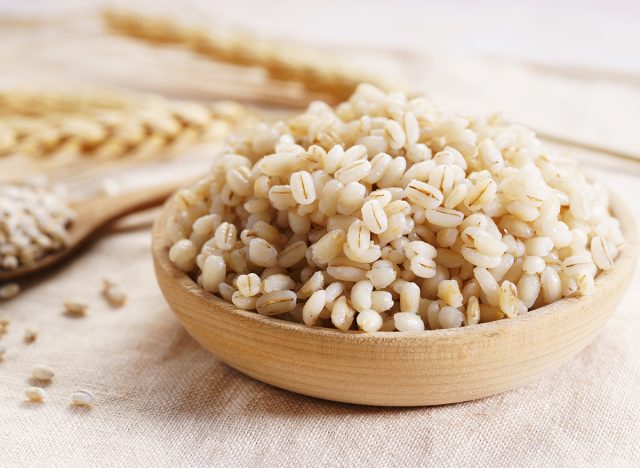
Like oats, barley is another whole grain with high beta-glucan fiber levels. This type of fiber increases GLP-1 production and slows digestion, supporting appetite control and prolonged fullness.
Swapping refined grains for barley in dishes like soups and salads can help reduce calorie intake and improve satiety.
Chia Seeds
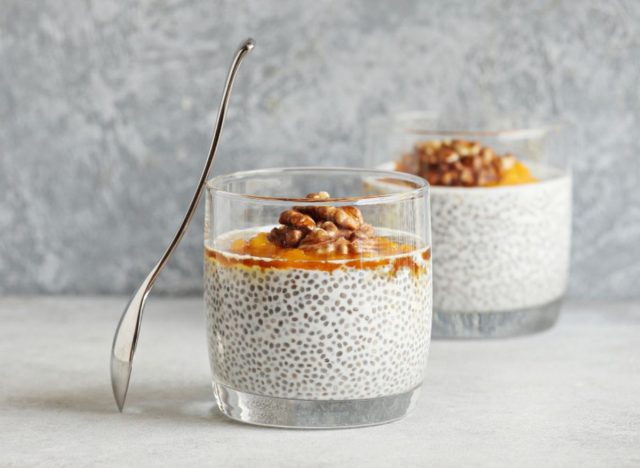
Chia seeds are a fiber superfood, swelling up to 10 times their size in water. When you eat them, they absorb liquid and expand in the stomach, physically filling you up and slowing down digestion. This is similar to the way GLP-1 drugs delay gastric emptying.
Just one tablespoon of chia seeds added to yogurt, smoothies, or oatmeal can help you feel more satisfied for hours.
Eggs
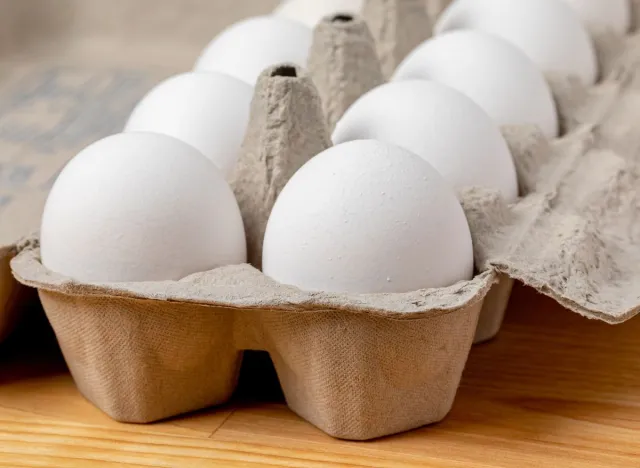
Eggs are another high-protein food that promotes fullness by increasing levels of satiety hormones, including GLP-1. Studies show that people who eat eggs for breakfast feel more satisfied and consume fewer calories throughout the day than those who eat high-carb breakfasts like bagels or pastries.
Including eggs in your meals can help control hunger and support weight loss.
Dark Leafy Greens
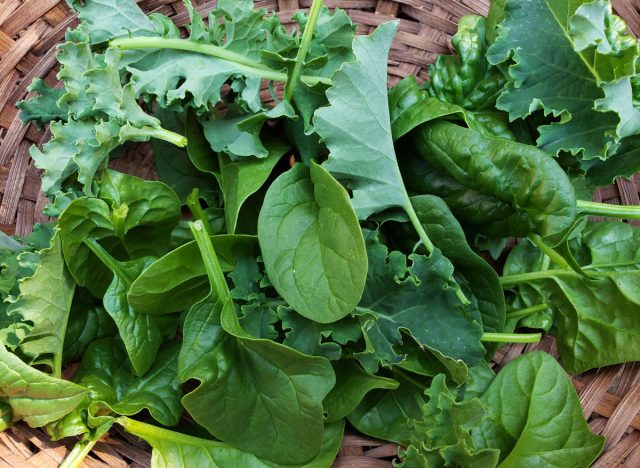
Dark leafy greens like kale, spinach, and Swiss chard are nutrient-dense, high in water content, and packed with fiber, all of which help fill you up without adding many calories. Fiber slows digestion, and the volume of these greens activates stretch receptors in the stomach, which signal fullness to the brain.
Pairing your dark leafy greens with a lean protein like salmon or grilled chicken can help round out the meal and provide balanced nutrients.
If you're looking to naturally support your weight-loss efforts, these foods can be a valuable part of your diet to help you better manage your appetite. While they won't replace the potency of weight-loss medications, incorporating foods that mimic GLP-1 effects can help reduce cravings and promote satiety, making it easier to stay on track.
No comments:
Post a Comment